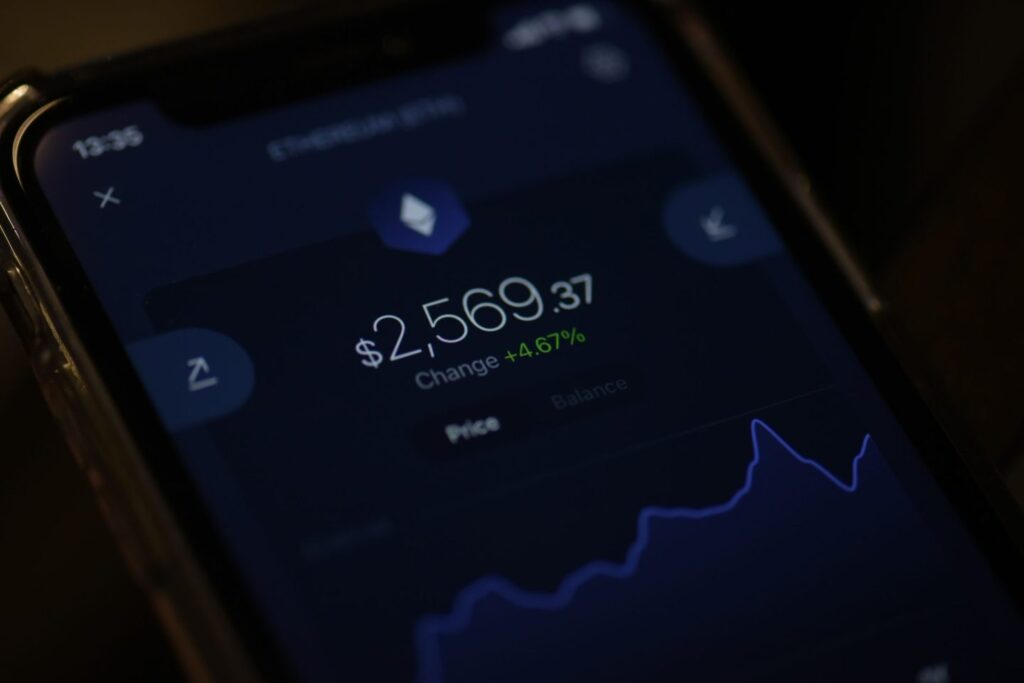Singapore-based crypto companies are facing a strict deadline set by the Monetary Authority of Singapore (MAS) to either obtain a license or cease offering digital token services to clients outside the country by June 30. This initiative is part of the new rules established under the Financial Services and Markets Act (FSM Act) passed in 2022.
MAS’s decision comes after reviewing feedback from the industry on its proposed framework for digital token service providers (DTSPs). There will be no grace period, and any Singapore-based entity that offers token-related services overseas must comply with the new regulations by the end of June.
Failure to adhere to these guidelines could result in fines up to S$250,000 (approximately US$185,000) and up to three years in prison. The rules apply to all Singapore-based firms, regardless of whether their overseas crypto activities are their primary focus. Under the FSM Act, any digital token services provided by Singapore-based entities are presumed to be operating within the country and subject to local regulation.
Only firms that are already licensed or exempt under existing financial laws, such as the Securities and Futures Act, the Financial Advisers Act, or the Payment Services Act, can continue their operations without violating the new rules.
However, experts anticipate that obtaining a license will be challenging. Hagen Rooke, a partner at law firm Gibson, Dunn & Crutcher, mentioned in a LinkedIn post that MAS is likely to grant licenses only in exceptional cases, citing concerns over money laundering and terrorist financing risks.
This move represents a significant shift in Singapore’s approach to crypto oversight. While the country has positioned itself as a regulated environment for digital assets, regulators are now taking a tougher stance on cross-border activities.
In April 2022, Singapore passed the FSM Act to empower MAS to supervise crypto firms based in the country but operating internationally. MAS has raised concerns about some firms exploiting regulatory gaps by establishing a presence in Singapore while offering unregulated services abroad.
Under the new rules, companies must meet anti-money laundering and counter-terrorism financing standards, even if they do not serve local clients. The new licensing requirement is part of MAS’s efforts to close loopholes and enhance control over crypto activities associated with Singapore.
Overall, this development underscores Singapore’s commitment to strengthening regulatory oversight in the crypto industry and ensuring compliance with international standards. As the deadline approaches, Singapore-based crypto companies must take proactive measures to align with the new regulations or face severe consequences.

